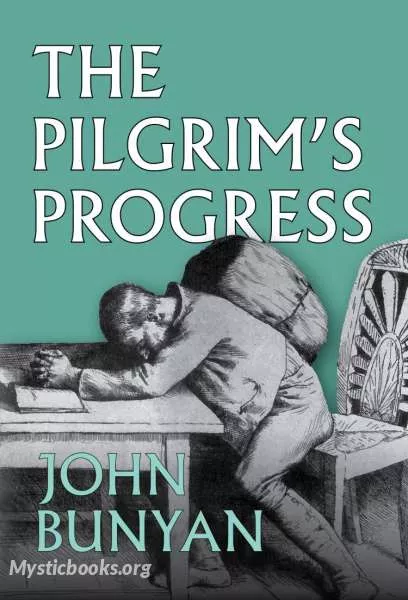
The Pilgrim's Progress
by John Bunyan
'The Pilgrim's Progress' Summary
The entire book is presented as a dream sequence narrated by an omniscient narrator. The allegory's protagonist, Christian, is an everyman character, and the plot centres on his journey from his hometown, the "City of Destruction" ("this world"), to the "Celestial City" ("that which is to come": Heaven) atop Mount Zion. Christian is weighed down by a great burden—the knowledge of his sin—which he believed came from his reading "the book in his hand" (the Bible). This burden, which would cause him to sink into Hell, is so unbearable that Christian must seek deliverance. He meets Evangelist as he is walking out in the fields, who directs him to the "Wicket Gate" for deliverance. Since Christian cannot see the "Wicket Gate" in the distance, Evangelist directs him to go to a "shining light," which Christian thinks he sees. Christian leaves his home, his wife, and children to save himself: he cannot persuade them to accompany him. Obstinate and Pliable go after Christian to bring him back, but Christian refuses. Obstinate returns disgusted, but Pliable is persuaded to go with Christian, hoping to take advantage of the Paradise that Christian claims lies at the end of his journey. Pliable's journey with Christian is cut short when the two of them fall into the Slough of Despond, a boggy mire-like swamp where pilgrims' doubts, fears, temptations, lusts, shames, guilts, and sins of their present condition of being a sinner are used to sink them into the mud of the swamp. It is there in that bog where Pliable abandons Christian after getting himself out. After struggling to the other side of the slough, Christian is pulled out by Help, who has heard his cries and tells him the swamp is made out of the decadence, scum, and filth of sin, but the ground is good at the narrow Wicket Gate.
Book Details
Authors

John Bunyan
England
John Bunyan was an English writer and Puritan preacher best remembered as the author of the Christian allegory The Pilgrim's Progress. In addition to The Pilgrim's Progress, Bunyan wrote nearly sixty...
Books by John BunyanDownload eBooks
Listen/Download Audiobook
Related books

Fábulas de Esopo, Vol. 6 by Aesop
Las clásicas Fábulas de Esopo han sido traducidas a todos idiomas por cientos de años. Las fábulas, en forma de alegorias, nos dan consejos en una for...
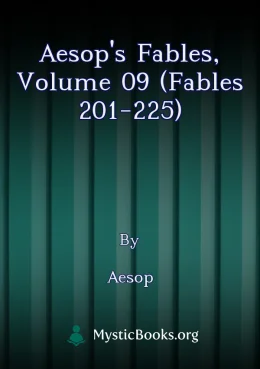
Aesop's Fables, Volume 09 (Fables 201-225) by Aesop
Dating back to the 6th century BC, Aesop's Fables tell universal truths through the use of simple allegories that are easily understood. Though almost...
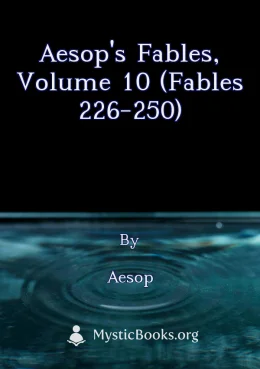
Aesop's Fables, Volume 10 (Fables 226-250) by Aesop
Dating back to the 6th century BC, Aesop's Fables tell universal truths through the use of simple allegories that are easily understood. Though almost...
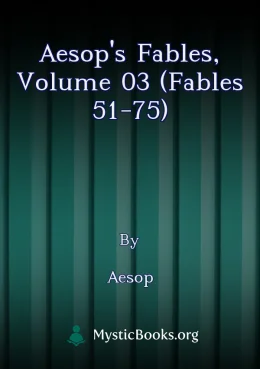
Aesop's Fables, Volume 03 (Fables 51-75) by Aesop
Dating back to the 6th century BC, Aesop's Fables tell universal truths through the use of simple allegories that are easily understood. Though almost...

Hans Christian Andersen: Fairytales and Short Stories Volume 5, 1860 to 1865 by Hans Christian Andersen
This volume contains a collection of Hans Christian Andersen's works written between 1860 and 1865. Known for his captivating fairy tales, Andersen we...

Soaked In Seaweed and 7 other nonsense novels by Stephen Leacock
Prepare yourself for a literary adventure like no other with "Soaked in Seaweed and 7 other nonsense novels" by the beloved humorist, Stephen Leacock....
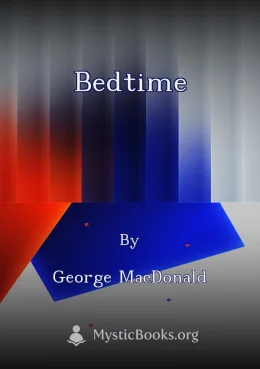
Bedtime by George MacDonald
This book, 'Bedtime Stories', is a collection of tales by George MacDonald, a renowned Scottish author known for his imaginative and often allegorical...
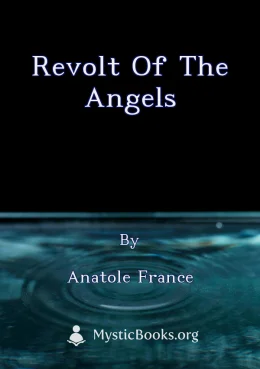
Revolt of the Angels by Anatole France
Anatole France's *Revolt of the Angels* delves into the complexities of heaven and earth through the lens of a mischievous angel named 'Miel.' As a g...
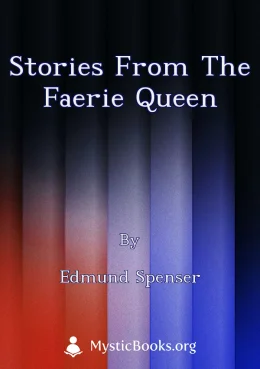
Stories from the Faerie Queen by Edmund Spenser
The Faerie Queen is an epic fantasy poem by Edmund Spenser, first published in 1590. It is an allegorical work that tells the story of the adventures...

The Life Everlasting: A Reality of Romance by Marie Corelli
In this thought-provoking novel, Marie Corelli explores the nature of reality and the possibility of an afterlife. "The Life Everlasting: A Reality o...
Reviews for The Pilgrim's Progress
No reviews posted or approved, yet...